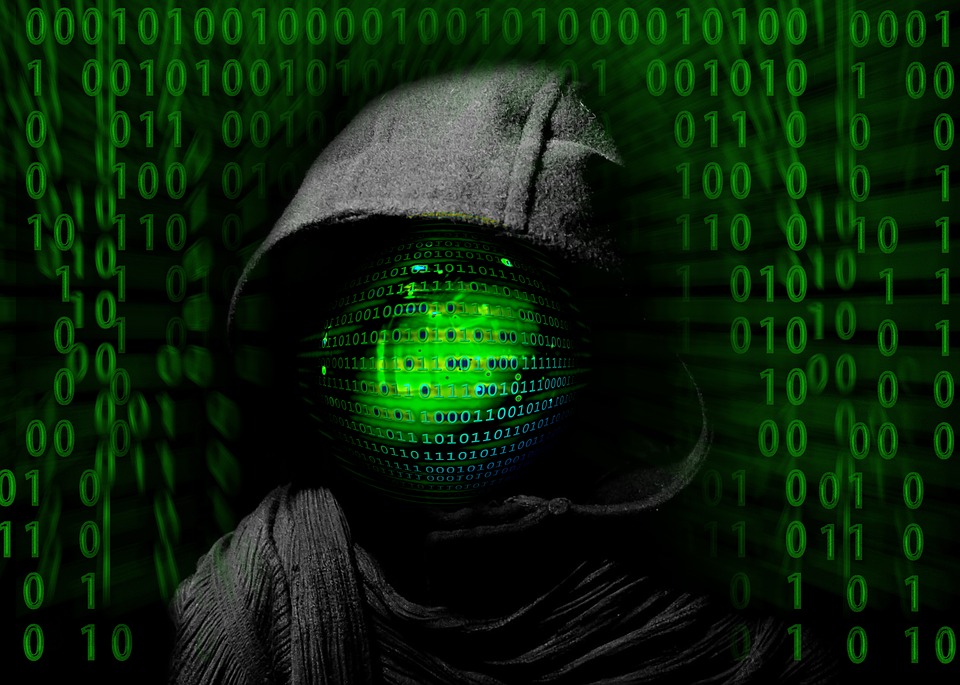What better time to delve into one of the darkest corners of the internet – the dark web? The dark web has been the subject of much attention and scrutiny over the last decade and it’s something that everybody using the internet should be wary about for personal privacy and financial security reasons. The dark web and its capabilities should be taken seriously by all business owners; only one data breach can result in your company data and customer information being sold on the infamous platform.
What is the Dark Web?
The dark web is misunderstood by most people because of how it is presented in media and entertainment, also the term is often confused with the “deep web.” Put simply; the deep web is a part of the internet that is not indexed by search engines like Google. These sites aren’t meant to be accessed in the same way as normal websites found on the “surface web,” but most of the content found on the deep web isn’t as nefarious as dark web content can be.
The dark web makes up a very small portion of the deep web. Think about the dark web as the tip of an iceberg, which begins on the surface with more well-known websites where deep web users can congregate, such as 4Chan and Reddit. The large portion under the surface is the deep web, and the deepest, smallest and darkest part is the dark web.
The dark web is made up of encrypted internet-based content that exists on overlay networks called “darknets,” with users only being able to gain access to the dark web through specific applications or software. The most common way of accessing the dark web is through an application called Tor (originally “The Onion Router”), where users generally navigate to domains with the suffix .onion (often called “Onionland”), rather than the typical .com found on the surface web. These avenues provide users with a much higher level of anonymity than the surface web, which makes it very attractive for bad actors.
The dark and deep webs are nearly as old as the modern internet itself. It can be dated back to the mid-1990s when the US Naval Research Lab developed Tor for intelligence purposes. In the mid-2000s, Tor became an open-source project and became available to a wide variety of people around the world. Since then, thousands of unindexed websites have been hosted on the dark web, often containing controversial and illegal content that has captured our attention for more than a decade.
Who Uses the Dark Web and why do They use it.
While not everything on the dark web hosts illegal or unsavoury content, a recent study found that about 57% of websites on the dark web hosted illicit content. The most commonly hosted content on the dark web as of 2014 related to black market activity, fraud, bitcoin, and whistleblower documents. Also, the dark web is not accessed by just one type of person, instead it’s used by groups like hackers, who often sell stolen data on black markets, people looking to purchase illegal goods and services, and whistleblowers who wish to remain anonymous, and for otherwise normal citizens who wish to have increased privacy, encryption and anonymity on the Internet.
Why do I Need to be Aware of the Dark Web?
Anybody who uses the internet for data storage, social media use, and online banking needs to be aware of the dark web and the potential threats it poses – this is especially true for business owners who store sensitive customer and organizational data on the Internet. A major example of why you should be aware of the dark web took place recently – earlier this month, Facebook reported that 50 million accounts had been compromised by hackers, urging affected users to change their passwords. It was quickly found that these Facebook logins were being sold on the dark web for as low at $2.60.
While this may not concern business owners at first glance, it should – many Internet users use the same credentials across all their personal and business accounts, including things like email and online banking. Credit and debit card information can be found on the dark web for as low as $14, with other personal information made available by hackers being accessible for comparatively low prices. To a business owner, what is personal is usually used in the business sphere too – and this includes passwords commonly used for online banking, email, and more.
Your business cannot afford to experience a data breach – these events lead to a loss of business and a major decrease in organizational reputation. A major data breach is extremely difficult to effectively bounce back from, making it crucial that your organization take proactive measures to identify and eliminate security threats. Foresight for IT has developed comprehensive security packages designed to protect your business from bad actors looking to exploit your sensitive data.
These cost-effective security packages include tools like a dark web scanner that can identify when your organizational credentials have been put on the dark web, alerting you to their presence so you can take appropriate preventative measures and avoid catastrophic consequences. Foresight for IT’s security services are available for businesses in three tiers: Essentials, Expanded, and Enterprise, with mid and high-tier services offering organizations security tools like device encryption, multi-factor authentication, intelligent threat protection, advanced email security, security operations center, and regulatory compliance reports.
To find out how we can protect you from the things that go bump in the night on the dark web, contact us today.


